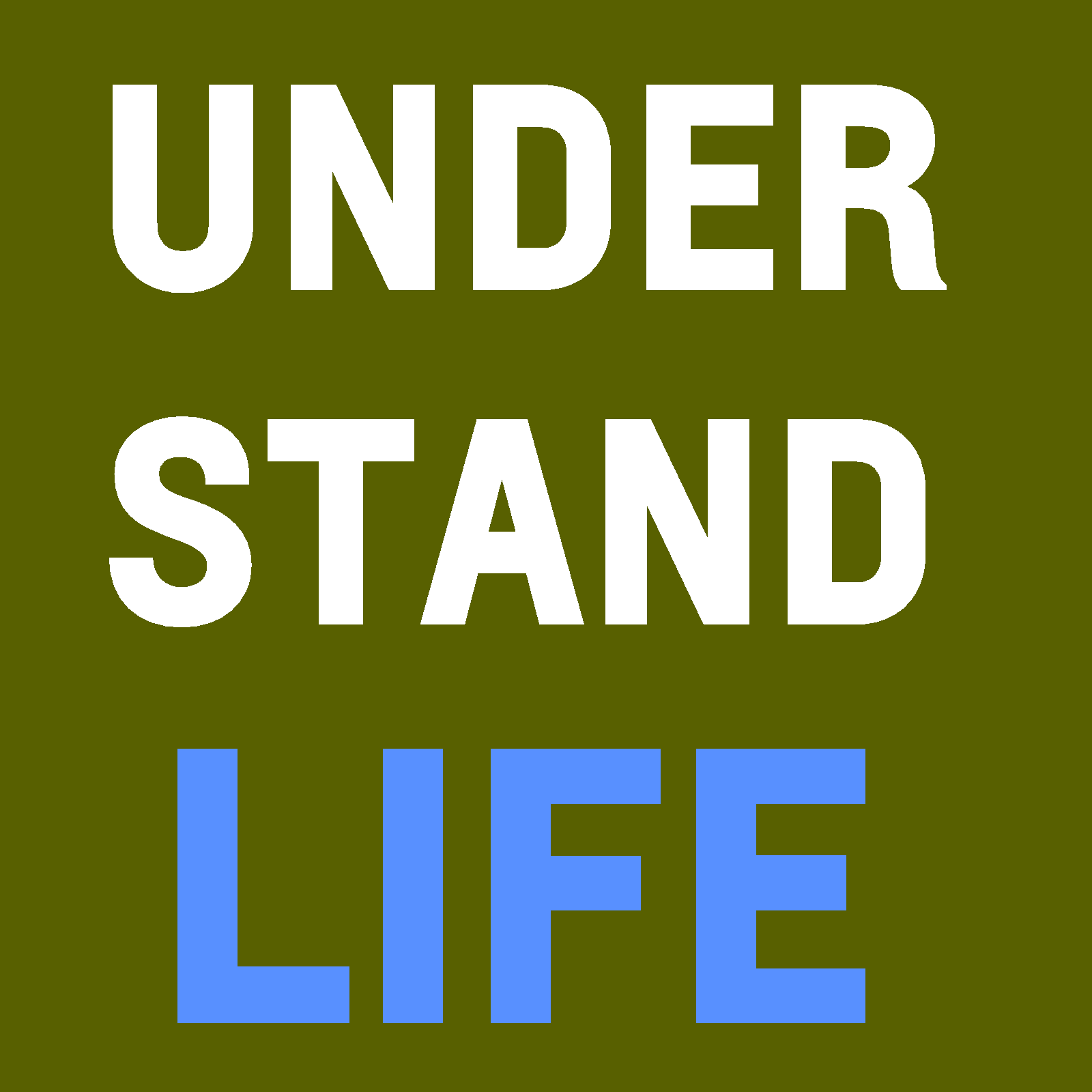
Episode 24.
Why Personalities + The Big Five
Question:
Why are we going into all this personality stuff?
Key Points:
- This is the wrap-up of our personality types series
- We went over MBTI (Myers-Briggs), Quadrant Theory, Strangths Finder, and the Enneagram
- Personality Types help you "Understand Life" by understanding both yourself and other people
- Self-Knowledge helps you to make wise choices because you know what makes you specifically happy
- There has been lots of research around what makes people happy, in general, but personality types help know what is true for you specifically
- One of the key aspects of personality types is that you will be happy when you make choices that are specific for you: your strengths, your temperment, etc
- By understanding others, you can be more understanding of others, especially when they cannot do what you can do
- We judge other people's actions based on "why would I do that?"
- But, other people's mental processes are similar to ours, but they are not exactly the same
- Understanding personality types helps you to understand that other people should make different choices than you do because they have a different personality
- Understanding others allows you to be able to guide and help others better: how to lead them and what would be best for them
- Psychologists generally do not like the personality types we have talked about for multiple reasons
- These pop-psychology things are often not perfect: they are designed to group people, not to understand a specific person
- These are, generally, not scientifically proven: people do not consistently fall in the same category, depending on the time of the test
- About 30 years ago, some psychologists decided to do their own research on personality traits, and what they came up with was...The Big Five, a.k.a. The Five Factor Model or FFM
- The Big Five include five different traits and a person is rated from 0 to 100 on how much of that they are
- The Big Five is not always in the same order, but sometimes is remembered as an acronym of "OCEAN"
- Extroversion:
- The desire to stand out when you are in social situations
- Slightly different than in the Myers-Briggs test, as that is more about a desire to be around people rather than your action when around people
- Agreeableness
- This is the amount that someone values getting along with other peopls
- Type 2s in Quadrant Theory tend to be high on agreeableness
- Neuroticism:
- The amount that people experience negative emotions
- People high on neuroticism have something small happen and feel a large amoutn of anger, anxiousness, or depression
- Is essentially the lack of positivity
- Openness:
- Openness to experience new things
- Often are more creative and aware of the creativity of others
- Often associated with being an "F" (feeler) on the Myers-Briggs
- Concientiousness:
- Self-discipline, like schedules, often don't like change, and strive for achievement
- People high on concientiousness have an expectation of working hard
